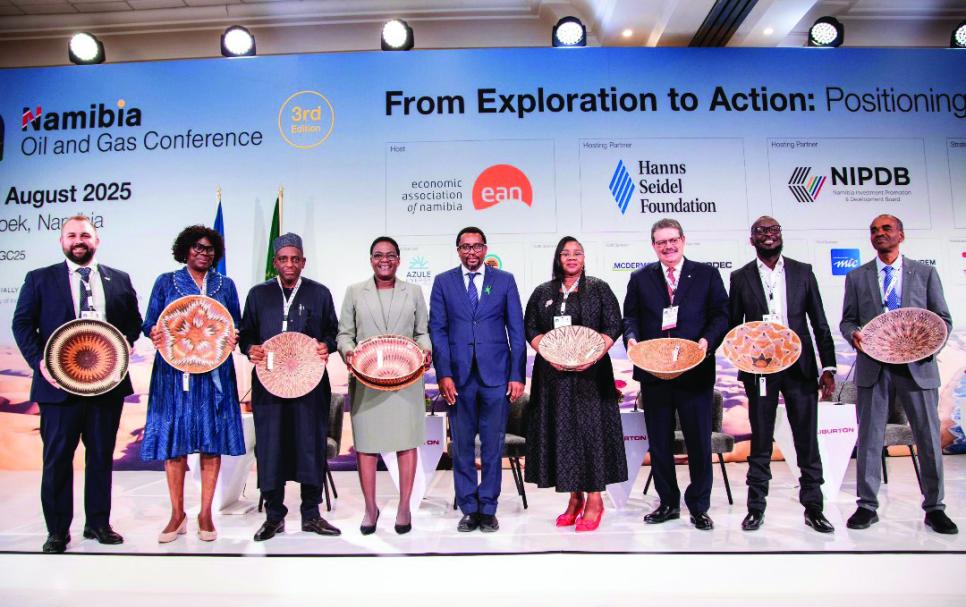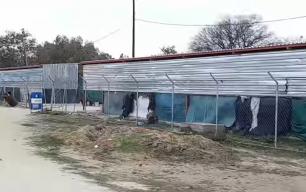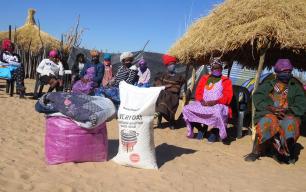Nam takes position as Southern African Energy Frontier

By Hilja Shikongo
Namibia is taking deliberate steps to ensure that recent offshore oil and gas discoveries contribute to sustainable development and economic growth, according to speakers at the third Namibia Oil and Gas Conference (NOGC 2025). The event, held from 12–15 August in Windhoek brought together more than 1,100 delegates, including local and international investors, government officials, and industry experts.
Deputy Prime Minister and Minister of Industries, Mines and Energy, Natangwe Ithete, said: "The discoveries represent a “generational opportunity to shape the destiny of our economy, empower our communities, and establish Namibia and Southern Africa as one of the most promising energy frontiers on the continent and the globe.”
He emphasized that the region must avoid the “resource curse” observed in other oil- and gas-rich nations. “We must take a stand to manage, guide our offshore discovery jealously, and be a model country that translates oil and gas discovery into a catalyst for peace, unity and prosperity,” Ithete said. He added that oil and gas could generate up to N$7.7 billion annually in government revenue through royalties and taxes, and that these funds would be directed toward infrastructure, local business development, and renewable energy projects.
Namibia’s oil and gas potential is concentrated in the Orange Basin, where Rhino Resources and its partners NAMCOR, Azule Energies, and Korres Investments are currently drilling the Volans-1X well. Other areas under exploration include PEL 56 (Venus Field development), PEL 39, PEL 83, PEL 85, and the Kudu license (PPL 003) for gas development. Onshore, activity is progressing in the Okavango sub-basin and Owambo Basin.
Speakers highlighted the importance of building capacity and skills locally. Special Advisor and head of the Upstream Petroleum Unit, Kornelia Shilunga, who delivered the presidents speech that states that the sector’s growth must translate into “decent jobs for Namibians across the value chain, build domestic capacity through skills transfer and technology sharing. This, she added will stimulate economic diversification, safeguard for environment and generate energy revenues that are wisely invested in the well-being of current and future generations.
The conference also emphasized collaboration and networking. Jason Kasuto, Chairman of the Economic Association of Namibia, highlighted the growth of the conference itself as a reflection of increased interest in the sector. “From 885 delegates in 2024, we have grown to 1,161 in 2025. Exhibitors increased from 39 to 73, and sponsors from 27 to 36,” Kasuto said.
He compared Namibia’s development approach to the growth of a bamboo tree, emphasizing the need to build strong foundations before rapid expansion: “Although at times it may seem that the country is dragging its feet in concluding key policy, regulatory, incentive and infrastructure requirements, what Namibia is doing is building the roots that will establish a solid foundation for the eventual accelerated but sustainable and inclusive growth of this industry.”
Mohamed Hamel, Secretary General of the Gas Exporting Countries Forum (GECF), spoke on the global context for gas development, noting that natural gas can be “a stabilizing force a fuel that is available, reliable, affordable, and low in emissions, with a critical role in meeting the world’s rising energy needs and development aspirations.” He added that Africa’s gas demand is expected to nearly double by 2050 and that Namibia could become a hub for clean energy, including liquefied natural gas (LNG) infrastructure and gas integration into manufacturing and electrification.
Hamel emphasized that Namibia’s entry into the global energy market must respect sovereign rights over its resources while creating opportunities for inclusive growth.
“Recent offshore discoveries, such as Venus, Graff, and Mopane have placed Namibia firmly on the map as one of Africa’s most promising energy frontiers,” Hamel said.
The conference included panels, masterclasses for youth engagement, and a dedicated business to business platform to facilitate investment connections. Over 60 young professionals participated in the Future Generations Masterclasses, providing insights into career opportunities in the energy sector.
According to the organizers, the conference aims to link exploration to action, ensuring that discoveries lead to measurable socio-economic benefits. The conference concludes with a call for strategic collaboration, local empowerment, and careful management of Namibia’s oil and gas resources to ensure that the sector contributes to sustainable national and regional development.
- 378 views










Comments